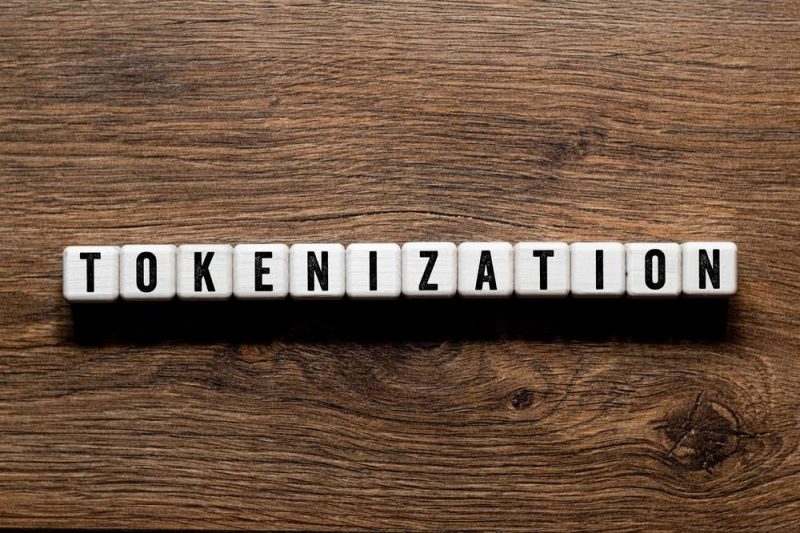CRYPTO CURRENCY DEVELOPMENT
Tokenization Services
Tokenization services refer to the process of converting sensitive data into non-sensitive tokens. These services are essential for protecting information such as credit card details, personally identifiable information (PII), and other confidential data by replacing them with a unique identifier (token) that has no real-world value or connection to the original data. Tokenization helps businesses and individuals meet security, privacy, and regulatory requirements like PCI DSS (Payment Card Industry Data Security Standard) and GDPR (General Data Protection Regulation).


Asset Tokenization Platform Case Study
Eliminate Obstacles to Real-World Investment Opportunities
------Tokenization Services------
Our Tokenization Services for Real-World Assets
Real Estate
- Commercial Property
- Residential Property
- Vacation Property
- Real Estate Investment Trusts
Financial Instruments
- Stocks
- Bonds
- Derivatives
- Structured Products
Collectibles
- Art
- Antiques
- Digital Collectibles
- Sports Memorabilia
Commodities
- Gold
- Oil
- Silver
- Agricultural Products
Private Equity
- Early-Stage Companies
- Buyouts
- Venture Capital
- Growth Equity
Intellectual Property
- Patents
- Trademarks
- Copyrights
- Licensing Agreements
Tokenization - Development
Components of Our Asset Tokenization Ecosystem
Our asset tokenization ecosystem is built around essential modules that drive success. The real-world asset tokenization platform developed by Shivacha, a top provider of asset tokenization services, is powered by the following components to ensure an exceptional user experience
Offering Manager Platform
Compliance Manager Platform

Marketplace
Tokenization Agent
Validators Network
Asset Transfer Agent
Need Help?
FAQs
FAQ- Tokenization Services
What is tokenization?
Tokenization is the process of converting sensitive data, such as financial information or personal identifiers, into non-sensitive tokens. These tokens can be used for processing transactions without exposing the original sensitive data.
How does tokenization work?
Tokenization replaces sensitive data with a unique identifier called a token. The original data is stored securely in a token vault, and the token itself has no value outside of the specific tokenization system.
What are the benefits of tokenization?
Tokenization helps reduce the risk of data breaches, supports compliance with data protection regulations (such as PCI DSS and GDPR), and minimizes the amount of sensitive data that needs to be stored and processed.
What kind of data can be tokenized?
Tokenization can be used for various types of sensitive data, including credit card numbers, bank account details, Social Security numbers, medical records, and other personally identifiable information (PII).
How does tokenization improve security?
By replacing sensitive data with tokens, tokenization minimizes the chances of exposing critical information. Even if tokens are intercepted or accessed maliciously, they are meaningless without access to the secure vault where the original data is stored.
Is tokenization compliant with data privacy laws?
Yes, tokenization helps businesses comply with various data protection regulations like PCI DSS, GDPR, and HIPAA by securely handling sensitive data and minimizing the risk of exposure.
What is a token vault?
A token vault is a secure storage environment where the original sensitive data is stored and mapped to its corresponding token. Access to the vault is highly controlled and restricted.
Can tokens be used for payments or transactions?
Yes, tokens can be used in place of sensitive data for processing transactions, making it possible to complete payments securely without directly handling sensitive financial information.
How do businesses implement tokenization?
Businesses can integrate tokenization through third-party service providers or by using in-house systems that comply with industry standards for data security and privacy. Tokenization is commonly used in payment systems, healthcare, finance, and other sectors dealing with sensitive data.
What is the difference between tokenization and encryption?
While both tokenization and encryption are used to secure data, encryption transforms data into an unreadable format and requires a key to decrypt it, whereas tokenization replaces sensitive data with a token that has no real value and cannot be reverse-engineered without access to the token vault


